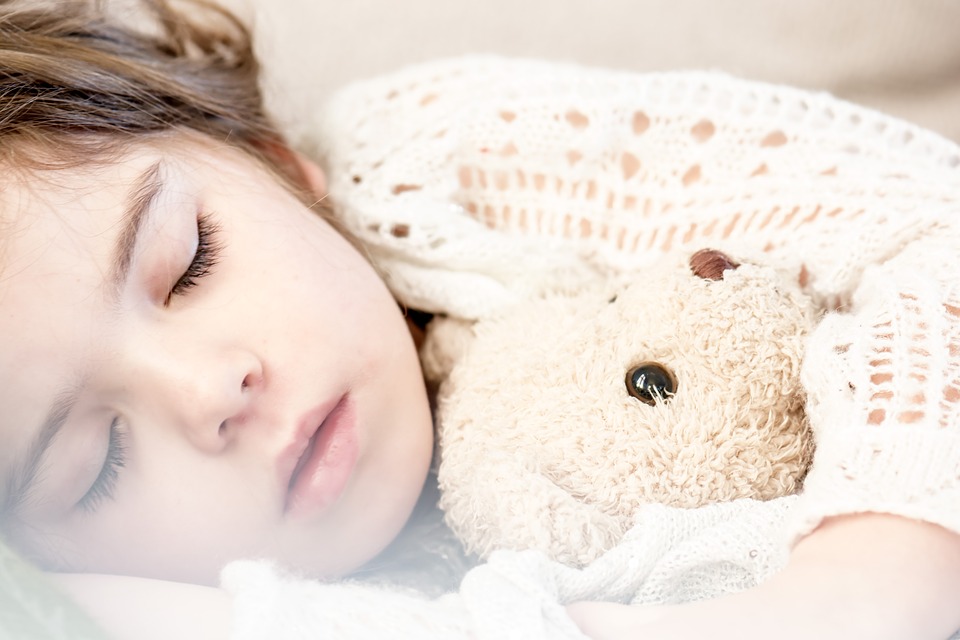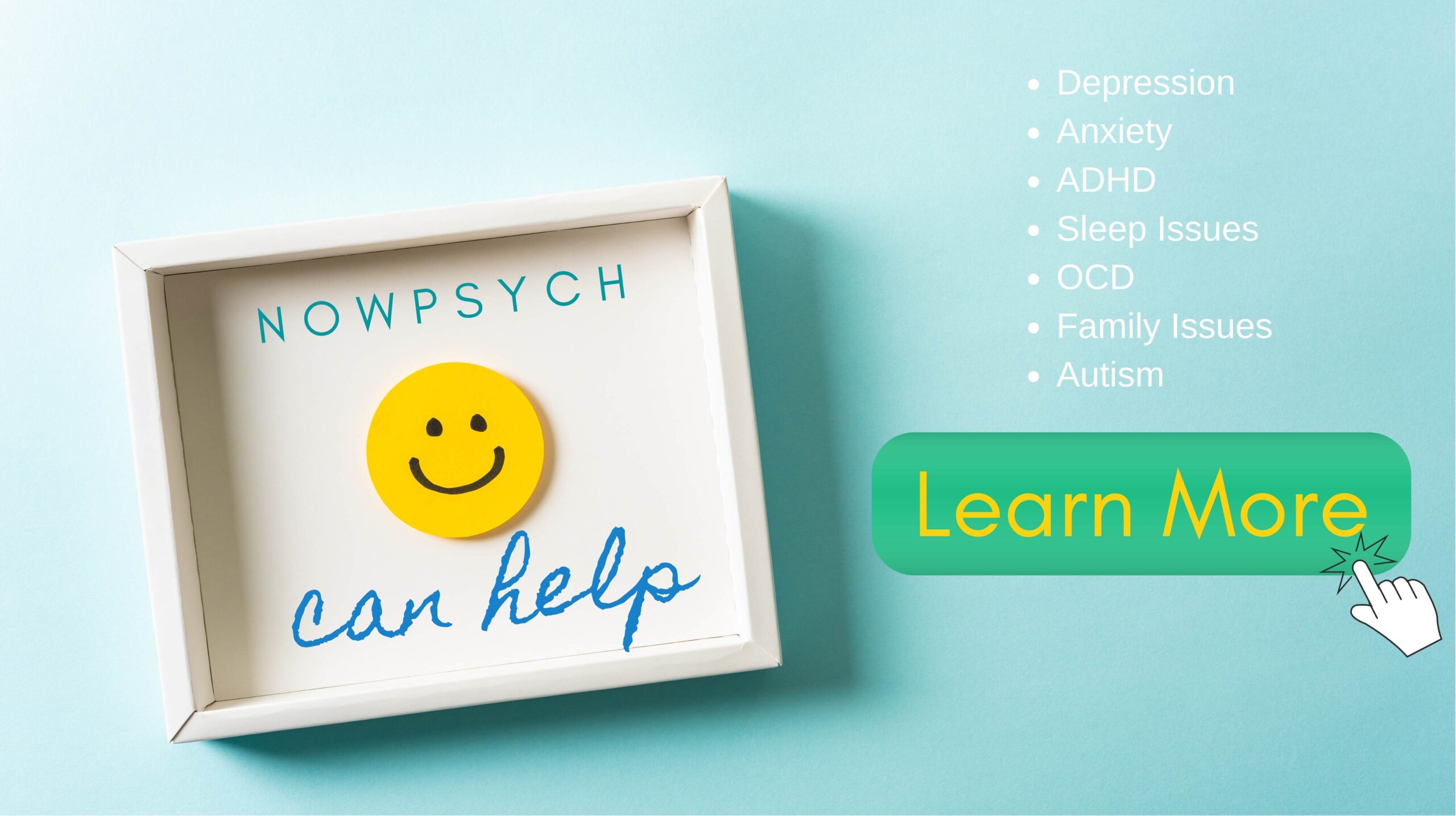Sleep Issues are Surprisingly Common in Children
Sleep is a crucial component of proper development and daily restoration for all humans, especially children and teens.
How Much Sleep Do Children and Teens Need?
The National Sleep Foundation recommends school aged children (ages 6-13) get 9-11 hours of sleep and teens (ages 14-17) receive 8-10 hours. Children who receive less than the recommended amount of sleep, or poor-quality sleep, are more likely to experience daytime sleepiness, reduced performance in school, and have behavioral problems. Additionally, improper sleep over long periods of time increases the chance of a child or teen becoming obese or depressed.
Other Issues are Related to Child Sleep Problems
There are many reasons why children may experience trouble sleeping. Children diagnosed with Autism or Attention Deficit Hyperactivity Disorder (ADHD) often experience problems falling and staying asleep as daytime energy levels differ than those of other children. Parents of these children should consult the child’s physician and therapist for advice on regulating sleep patterns. Often, maintaining a consistent daytime and bedtime schedule will help children greatly.
Sleep Disorders in Children
Some children experience extreme sleep problems such as insomnia, recurring night terrors or nightmares. While children wake after a nightmare, children remain asleep during a night terror and may sleep walk or sit up in bed. Often stress can be a major factor that can cause insomnia or night terrors.
Causes of Sleep Disorders in Children
A major life event such as parental divorce, school bully, or excessive worrying can cause detrimental sleep patterns. Parents should not be too alarmed if these occur rarely, however a professional should be sought if they occur repeatedly and over longer periods of time.
Role of Technology and Screen Time in Child Sleep Problems
The increased reliance of both children and adults on technology is a major cause of disrupted sleep patterns. Nearly all teens and many children own a smartphone, which many look at right before falling asleep and throughout the night during intermittent waking. Additionally, roughly 45% of children have a television in their bedroom with nearly half of this group leaving it on throughout the night. The increased noise and light emitted from technology screens is disruptive to proper sleep, with nearly 75% of people agreeing that a dark and quiet room is essential for a good night’s sleep.
Sleep Hygiene for Children
To help their child, parents should educate their child or teen on proper sleep and the negative effects of a bad night’s sleep. Parents should also ensure their child reduces or eliminates caffeine and sugar, particularly later in the day. Proper bedtime routines should be established, such as reducing technology use and not eating right before bed. Finally, parents should ensure their child sticks to a consistent sleep and wake schedule even on the weekends. Parents can greatly help their child or teen get a good night’s sleep, particularly by modeling good behaviors themselves. While some children and teens have sleep disorders that need proper medical attention, many are sleeping in a less than ideal environment that can be easily adjusted to ensure proper sleep patterns.
Dr. Paul provides consultations for child and teen sleep issues, you can schedule a consultation here or by clicking the image below.





